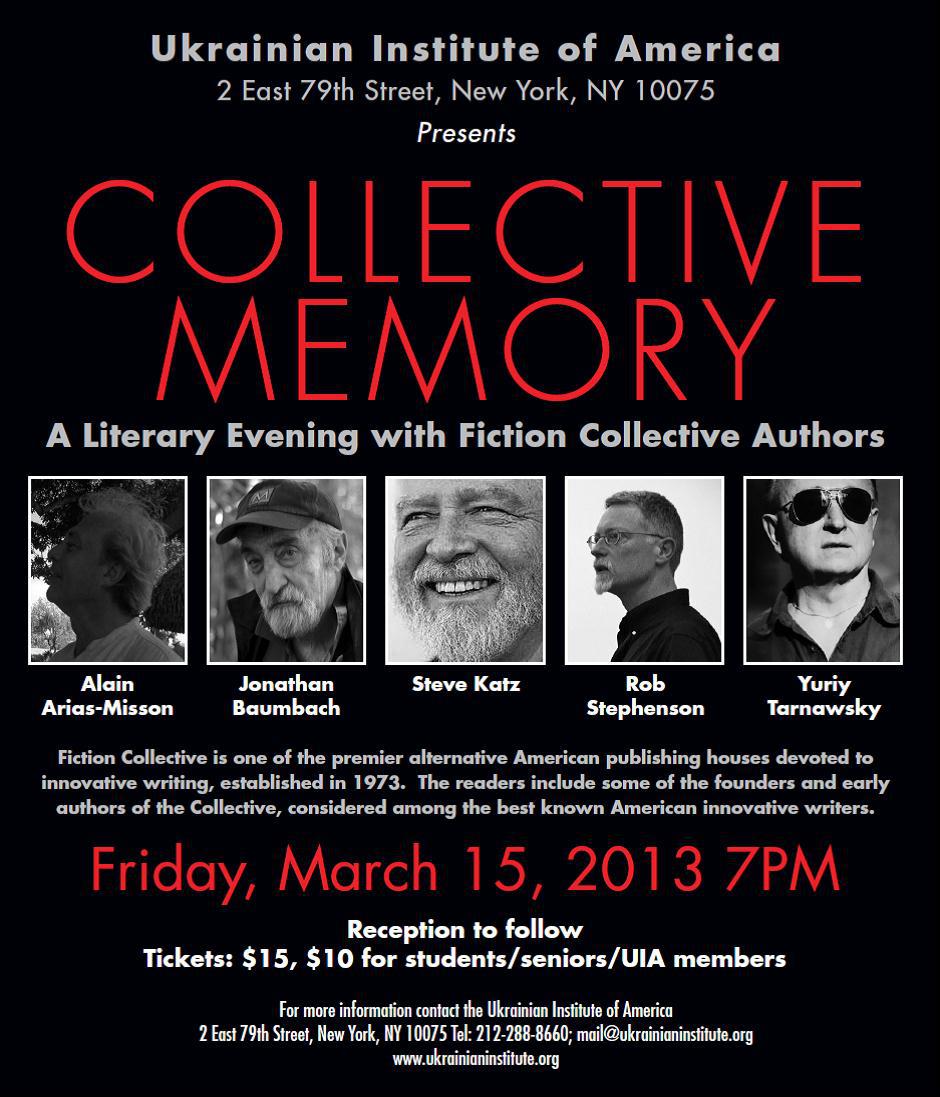FRAGILE KINGDOM
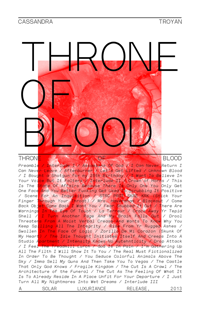 Throne of Blood
Throne of Blood
by Cassandra Troyan
Solar Luxuriance, February 2013
90 pages / $13 Pre-order from Solar Luxiariance
CHICKEN SALAD SANDWICH
CHICKEN SALAD SANDWICH
-Throne of Blood
Throne of Blood begins with a Preamble. The Preamble sets the tone for the book, just like the Preamble to the United States Constitution is a brief introductory statement of the Constitution’s fundamental purposes and guiding principles. Presumably, the poem would provide some of those for this book, Throne of Blood.
• “the smell of dead meat.”
• “the scent of rotting bowels”
• “Myafhhhauckingancaeetchesss, arrreuu stheyismines myown FEEUUCKING MEAAT!andTTTthisisfeeuucuuuckibngMINE!”
• “I slammed his head into the concrete floor”
• Edith Piaf
The Preamble begins with lyrical horror. The narrator is unbothered by dead women crowding the drained lake and the house, even when their bodies are used for decoration or masturbation by the male character. The narrator’s point of view changes when it becomes clear that the male character is the one making women into corpses.
The horror and violence, more specifically, violence against women, casts a long shadow over the rest of the book. Where the Preamble takes on horror in a narrative mode, the rest of the book inverts that formula and approachesit in a more figurative or linguistic or speculative way:
where everyone in the world kills his or herself at the same time.”
February 19th, 2013 / 12:00 pm
My Scary Mother
 Throne of Blood
Throne of Blood
by Cassandra Troyan
Solar Luxuriance, February 2013
90 pages / $13 Pre-order from Solar Luxiariance
Throne of Blood makes me believe Cassandra Troyan chews razorblades and has freezing skin and needles for fingers, but for some reason, I don’t feel like shying away as she comes closer. Maybe it’s because I sense a sort of hidden warmth she has for her demons. They’re like dozens of hands reaching out that scare you, but don’t mean to.
of making love to a hospital bed.Declarations of sex to bags
filled with liquids substituting
organs now present as witnesses.Walking into the divide an abyss the possibility
of apathy calculations of sentimentality amiss.Ripped out my vein limbs
overgrown.
Love makes you grow.
Honey drips from a sloe-eyed doe.Get cocooned in the sickness
a sweetening sludge.When the IV tubes get sugar clogged
it is obviously because you are selfish
and I am dead.When weighted I materialize.
Let’s just hover until this distance retreats.
(From “YOU SEDUCE COLORFUL ANIMALS ABOVE THE SKY”)
When I first started reading fiction as a method of learning about writing, I was obsessed with the grotesque, but it feels like Troyan has leveled up the concept here. For roughly a third of the book, I read the speakers as being inhuman simply because they seemed so far removed from humanity that I refused to believe they could be like me (which sounds like a pretty fine accomplishment to me).
February 19th, 2013 / 12:00 pm
Jen Michalski’s first new book of 2013
 First new book of 2013? Yep. Jen Michalski has three books coming out this year—one each from Dzanc, Black Lawrence and Aqueous Books. The first, Could You Be With Her Now, is itself sort of like two books, because it’s made up of two novellas. They’re both comprised of short chapters. “I Can Make it to California Before it’s Time for Dinner” is a story about a mentally, uh, diminished kid who kills somebody within the first 1000 words, then goes on an adventure by getting kidnapped. It’s really great, reminds me of Joyce Carol Oates in a good way. The second novella, “May – December,” is about a young woman helping an older one do a blog. I heard her read from it on Saturday and was struck by the way she braids memories around each other. Jen is an astonishingly sensitive writer. Could You Be With Her Now makes me want to yell GOAL! and celebrate the first part of Jen’s 2013 hat trick.
First new book of 2013? Yep. Jen Michalski has three books coming out this year—one each from Dzanc, Black Lawrence and Aqueous Books. The first, Could You Be With Her Now, is itself sort of like two books, because it’s made up of two novellas. They’re both comprised of short chapters. “I Can Make it to California Before it’s Time for Dinner” is a story about a mentally, uh, diminished kid who kills somebody within the first 1000 words, then goes on an adventure by getting kidnapped. It’s really great, reminds me of Joyce Carol Oates in a good way. The second novella, “May – December,” is about a young woman helping an older one do a blog. I heard her read from it on Saturday and was struck by the way she braids memories around each other. Jen is an astonishingly sensitive writer. Could You Be With Her Now makes me want to yell GOAL! and celebrate the first part of Jen’s 2013 hat trick.
Announcing Requited Journal #8
It is my pleasure to tell you that Requited #8 is now online. This issue features:
- Fiction by Thomas Mundt, Berit Ellingsen, and Matt Rowan;
- Poetry by Lucy Biederman, Carol Guess & Kristina Marie Darling, Gillian Cummings, Zachary Scott Hamilton, Kamden Hilliard, Kati Mertz, M. Pfaff, Amanda Silbernagel, and Michelle Sinsky;
- Performance pieces by Marisa Plumb, Dave Snyder, and Brian Torrey Scott;
- Visual art by Tyler Mallory (including the image you see above);
- Jeff Bursey’s review of Sam Savage’s Glass.
Check it out!
. . .
I am the non-fiction and reviews editor for Requited and am always eager to consider submissions. Previously I’ve published work by William Bowers, Jeremy M. Davies, Julianne Hill, Steve Katz, Mark Rappaport, Keiler Roberts, Viktor Shklovsky, and Curtis White, as well as interviews with Robert Ashley, Vanessa Place, Rosmarie Waldrop, and Curtis White, and reviews by Daniel Green and Jeff Bursey.
Also, please do check out the Requited‘s steadily swelling archives, where you’ll find poetry by Molly Gaudry and Nate Pritts, fiction by James Tadd Adcox, Jimmy Chen, Jac Jemc, Tim Jones-Yelvington, Suzanne Scanlon, and (ahem) myself, as well as many other nice fine things.
Enjoy!
On David Markson and Ben Marcus: An Interview with Ben Marcus
[Note: In 2000, Albert Mobilio of Bookforum asked Ben Marcus to interview David Markson. Though questions were sent, the interview was never completed. In 2012, after reading the questions on benmarcus.com, I decided to redirect them (with modifications) to Marcus himself. The interview took place via email.]
David Markson (1927-2010) was born in Albany, New York, and spent most of his adult life in New York City. His novels include Springer’s Progress, Wittgenstein’s Mistress, Reader’s Block, This Is Not a Novel, Vanishing Point, and The Ballad of Dingus Magee.
Ben Marcus is the author of The Age of Wire and String, among other books. His new book, a collection of stories, will be published in January of 2014.
Interviewer: Do you consider exposition to be deadly, inert territory?
Ben Marcus: There’s the infamous rule fed to beginning writers that you should show and not tell, but telling is one of the great and natural features of language—it’s part of what language was invented to do. It’s just that when telling is done badly—”she felt sad”—it’s conspicuous and embarrassing, it works only to remind us of the insufficiency of the mode. I always dislike hearing this rule, even if I understand why it’s given, but Robbe-Grillet is a perfect refutation of it. Sebald, Bernhard, Kluge, Sheila Heti. And of course Markson himself. Even the great narrative writers use exposition in masterly ways: Coetzee, Ishiguro, Eisenberg. READ MORE >
February 18th, 2013 / 3:19 pm
Mark Zuckerberg on Writing

“The goal wasn’t to make a huge community site; it was to make something where you can type in someone’s name and find out a bunch of information on them.”
“I just think people have a lot of fiction… I mean, the real story is actually probably pretty boring, right? I mean, we just sat at our computers for six years and coded.”
“A squirrel dying in front of your house may be more relevant to your interests right now than people dying in Africa.”
“The only meat I eat is from animals I’ve killed myself.”
A Cloth House by Joseph Riippi
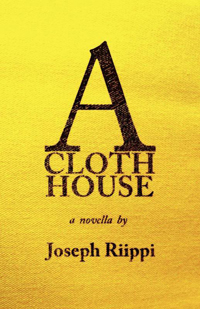 A Cloth House
A Cloth House
by Joseph Riippi
HOUSEFIRE, 2012
94 pages / $7.99 Buy from Amazon or Powells
Joseph Riipi’s novella, A Cloth House, reads like a transcript of a long-ago dream — fragmented, steeped in mist, sticky with synesthesiac description that cannot avoid its own hieroglyphic symbolism. A woman remembers her life to us with language that moves the same way our memories do, slipping between the concrete and abstract, alternating between inspection of the tiny objects we keep near to us and the larger fears and loves which we infuse into them.
What we’re presented with is a meditation on memory as told to the narrator’s sister who died too young. The guilt of her death, the deterioration of the mother’s psychiatric well-being, and the father’s stoic — if not somewhat cowardly — ambivalence. The story’s chronology is pleasantly muddy, which lends the work the ability to do what it is meant to do: to function less like a timeline, and more like actual memories — popping up when you least expect them, washing all of the facts over in time-stamped emotion.
“I know that in hitting me she had been hitting herself, taking the blame and painting the rest of us with it, which is why I can’t believe that badness was ever really real.”
The eponymous cloth: a safety blanket, the walls of a princess’ castle, one of the novella’s many mantras. The island: where her family lives, and perhaps more than that, how they live. While the latter serves as physical boundary, the former serves as another boundary within that boundary.
Something that great language-driven fiction does is to leave the impression within the passage of what is not said, and to point at that impression with both fingers. To point to the empty bed and allow the reader to infer its importance. Also, to speak conditionally of what could/should/would have been:
“He might have explained that love was the one part of a person’s life they could not in some way control, or change, or make believe differently.”
So much of what we are told is what was left unspoken, undone, unfelt. The lives not lived, the fairytale fantasies unfulfilled. The narrator explores the intimacy of suffering and how, in a soft, oceanside light, perfectly beautiful that suffering can be.
February 18th, 2013 / 12:00 pm
She Makes Dinner Her Vocabulary: a Review of Paige Taggart’s Polaroid Parade
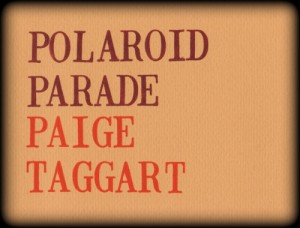 Polaroid Parade
Polaroid Parade
by Paige Taggart
Greying Ghost Press, 2011
Currently Sold Out (Book Page at Greying Ghost)
Can one person constitute a chorus? Can a chorus be composed of your lungs, the highest cloud, and a blue flame? Paige Taggart’s Polaroid Parade captures the procession of an adamant, demented song of departure and alterity: the battle to fracture and move meaning along with our horns and feathers and fallen hands. This collection shines with the allure of commodity culture and entertainment—ravishing storefronts, “a gentle circus,” after-parties, the “tilted banquet”—while at the same time it undermines and challenges this very structure through an avalanche of precise, pollinated images that subtly warn us of the threat in becoming an “unsubstantial paper-doll.” By immersion and then departure, these poems lead us to a new space where we no longer expect anyone to inherit or claim ownership, where our hands finally release the “spoon” that “cradles every object that surrenders to it.”
Through a revolving door of vocal pronouns, Taggart critiques the darker underbelly of connectivity and community, its inextricable link to agreement, accumulation, and waste. Within the first few pages, the chorus breaks into a gated neighborhood, builds a house from clipped paper, and no one slows down on the seventh day to nap. Instead, “We tapped the ground, put speakers under the dirt, covered it back up, then proceeded to play music and girls would come over and shake their bellies then walk away, back to the sand pits.” How quickly we form new communities and patterns over the ruins of similar but failed routines and complicities. Excess abounds, and the reader is told, “we are children in jeans, we have speakers through our thumbs, we are loud and incommodious, we have, we have, we have, villages.” And a singular voice claims, “I’m always in love with five people at once.” Yet, “the warm cycle never sterilizes our predicament” and bright, startling images infect/replicate the rapid production of new commodities to reveal the empty chill of these engagements: “embraces backfire through the windmill.” We see the danger in “calling shotgun to every justifiable cause.”
In our contemporary capitalist experiment of acceleration and disposability, Taggart shows us how quickly identity is shaped in relation to the surrounding objects. Both product and detritus touch us, are connected and therefore mimetically looped. Taggart writes, “Her character is in the carpet…her character is Maybelline, her eyes are Georgia. Her teeth are puzzles, with pens in her mouth she records you, over there, having a picnic.” This main character surfaces and takes shape as pastiche or collaged culture. Thus, animate and inanimate blur and recognition becomes an alarming process/parade. As gender, too, is controlled through these heaps of possessions and garbage, a struggle emerges to repel product in order to allow the unnamed, young female character to find an escape hatch in this mimetic Mobius strip. We fear for her, because as Taggart ominously articulates, “Inside Polaroid you can observe luxurious edges, understand being boxed.” Instead of connection and coalescence, we root for the sloughing off of wares and reflections. I’m reminded of a line from the beginning of The Maximus Poems when Olson laments that we are “in the present shame of, / the wondership stolen by, / ownership.” In Taggart’s landscape, tensions arise from the inextricable relationship between the thrill of existence taking shape, and then this form as recognizable and commodified. Language itself must daringly find a way to renew and embody wondership without being co-opted by ownership.
February 18th, 2013 / 12:00 pm
My Last Blog
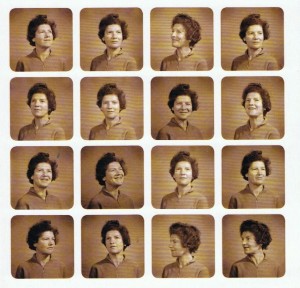
This is Janet Frame. This post is a permutation of her story, My Last Story, which was, in fact, not her last story. Click the image to read the story on Electric Literature.
I’m never going to write another blog.
I don’t like writing blogs.
I don’t like typing I read I saw or saying my endless opinion of the weird book I read, the thing it was like, a metaphor a simile and I have almost grown to hate the internet after 15 years, how I know all the office workers have 35 tabs open and are watching a video and reading an article at the same time and mentally composing a tweet about it or wondering about how Roxane Gay is going to say it better and Blake Butler is going to say it weirder or if we’re supposed to like or hate Tao Lin right now or whether or not the novel is living or dead or who cares or which author we should interview or if that galley of that novel is worth reading or reviewing and how is it that those publishers still send out all those galleys to all those people who ignore all those galleys, and that’s called work and earning a living, well I’m not going to write any more blogs like that. I’m not going to blog about author news or how publishing houses are hemorrhaging money or how eBooks are stabbing people in dark alleys or about how eBooks are Jesus or how eBooks are just Books with a little ‘e’ hanging on. I’m not going to write another blog after this one. This is my last blog.
I’m not going to write about that piece I read on another blog, another online magazine, that article that essay that story that tweet that video that everyone is talking and how can anyone figure out anything if they still have those 35 tabs open and I suppose that’s called an experience of Life. READ MORE >


